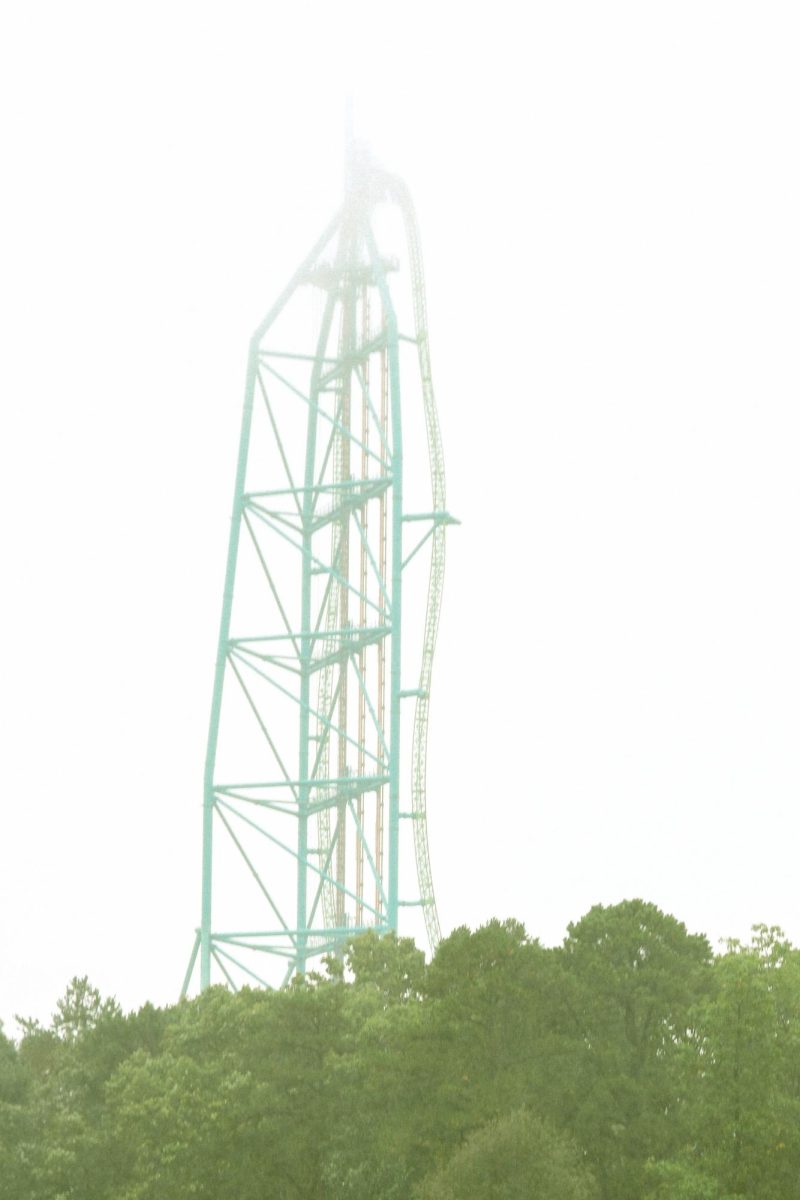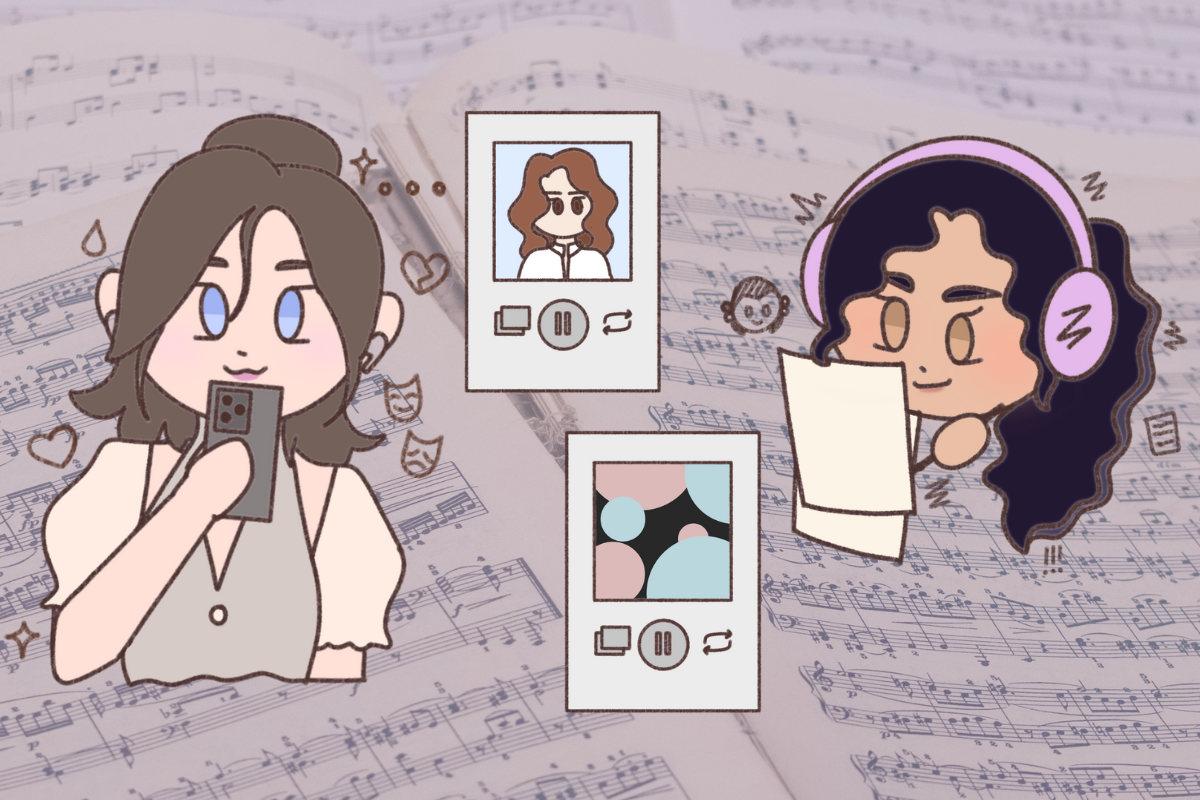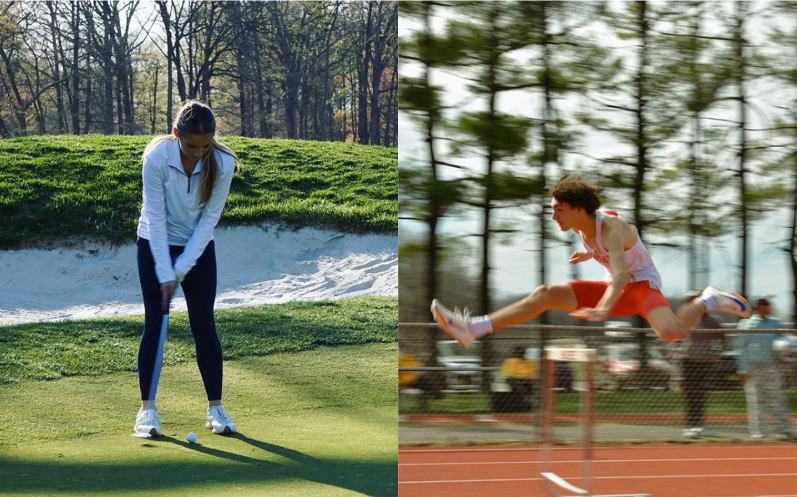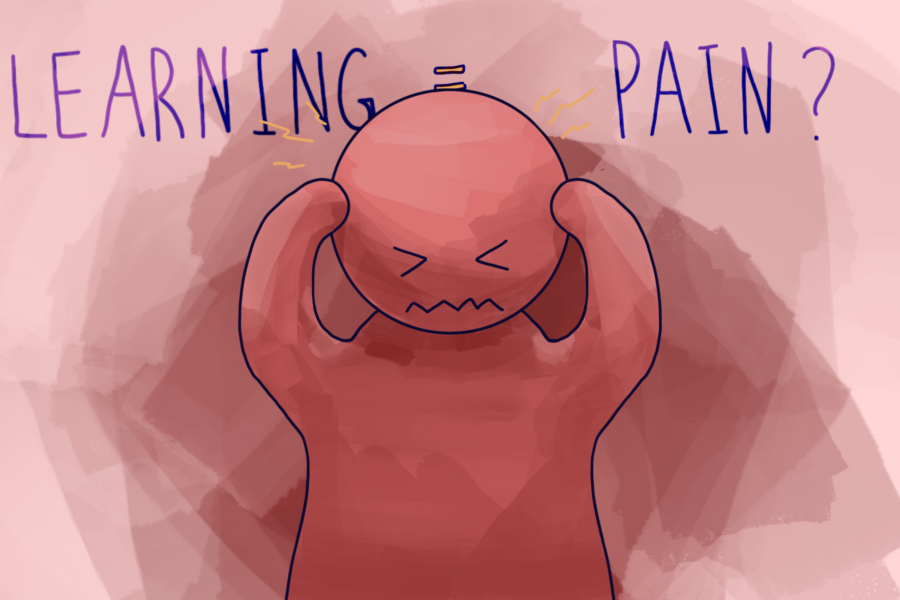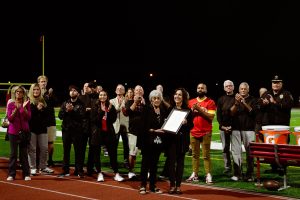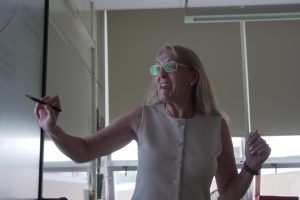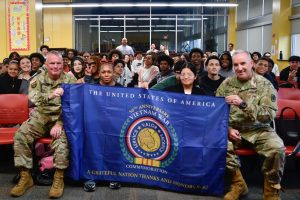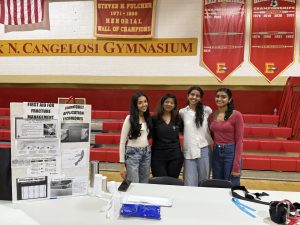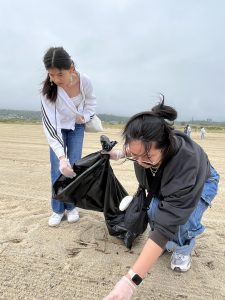Does Learning Require Pain?
June 15, 2021
Frazzled yet cheerful, Elliot Wood* must be the most well-adjusted chronic procrastinator I have ever met. For someone who has internalized a learned helplessness towards his education, Elliot is a surprisingly jovial guy, unafraid to poke fun at himself or strike an impromptu conversation. One day, back in pre-pandemic times, we were walking to our next class when a friend of Elliot asked him how he did on his math test. The mutual revealing of grades followed and with a playfully incredulous tone, Elliot exclaimed, “Bruh, I scored lower than you, and I taught you this on the homework.” Laughter erupted. Despite self-reportedly living in a constant state of stress, Elliot astoundingly maintains a permanent aura of lightheartedness about him, providing “comedic relief” for those around him, as Ms. Kaitlin Hoey, EHS AP World History teacher once said. Yet, I can’t help but feel concerned for him when he shares troubling comments in orchestra sometimes. “I know how lazy I am, and I know it’s not gonna change,” Elliot announces to the class, as if that statement characterized him in a nutshell. Other times, his conversational filler of choice is “I’m stupid, I know” or “this is too big brain for me.”
Despite branding himself with those sweeping statements merrily, I worry about the pain he must feel. The constant stress, the academic mediocrity, the pacifying resignation—those ailments perturb me as too extreme for a gentle soul like Elliot. The necessity of Elliot’s chronic stress is suspect and certainly, his insecurity in his academic potential—painful, no doubt—has gone beyond normal academic struggle. His chronic procrastination squashes any possible derivation of joy from his studies, a loss preventing him from developing into a life-long learner. To love learning requires managing challenge, not pain, but cultural norms masking a lack of imagination, student apathy, and the systemic punishing of mistakes artificially create pain antithetical to a love of learning.
Although learning naturally demands trial and error, educational institutions normalize judgment-based learning as opposed to mastery-based learning. In the judgment-based model, failure cripples students with self-doubt while in the mastery-based model, failure offers students with self-belief. In his 2016 TED Talk, Sal Khan, an education innovator and open-access advocate, explains the shortcomings of assessment-based education. In traditional learning, students study a unit then take a test. Whether the student receives a passing or a failing grade, the educational system shepherds the student onto the next unit. However, that shepherding skips an inherent part of the recursive learning process: correcting mistakes. Instead of assessments serving to direct students towards more productive studying, assessments cast a judgment on students, a judgment promoting defeatism and shame. Not allowing retakes, the current assessment model artificially boxes students into either the low-performing or high-performing category based on their performance, promoting the adoption of fixed mindsets about their abilities. While the learning process requires mistake-making, the idea that shame and stress naturally accompany mistake-making is false. Grade-point averages, creating that false impression of the necessity of pain, stamp an unfixable measure of proficiency on students. After all, no matter how much one improves, a 2.0 cannot become a 4.0, even though we can fill those knowledge gaps with time. Hence, the current education constrains education to a set timeframe, causing students to declare they’re “not smart” when the problem is unrealistic expectations and impatience for mistakes.
Members of a mistake-unfriendly culture, we conflate challenge with pain. If we embed correcting mistakes through retaking assessments into the education process, the challenge of trying to understand the unknown inspires students and stimulates curiosity. Certainly, a pain-free environment fosters a love of learning more than a pain-filled one. Under the impression that temporary ignorance indicates permanent inability, people mistake uncertain understanding and beginner fumbling for pain. Uncertainty and mistakes are a natural part of the learning process, so we should treat them as such. Because educational culture associates fear with challenge, we forget that curiosity-driven learning is possible: In a non-punitive learning environment, challenge excites, and problem-solving gratifies. Nevertheless, some may object that multiple chances to relearn a concept unfairly leave the hard-working unrewarded, and the lazy unpunished. But this sense of justice and morality prevents societal progress—after all, declaring some unworthy of education limits the amount of learning done. Ironically, students learn most when free to err and experiment with spontaneity. If we realize that a punitive learning culture that incites shame, embarrassment, defiance, and defeatism is unnecessary, mistakes will not have to be treated like moral failings.
If we say that learning pains are natural, we absolve ourselves of the responsibility to fix the cause of that pain, falsely alleviating guilt alerting us to an unrectified issue. That tendency to absolve ourselves of responsibility tempts teachers to blame students and students to blame teachers. However, such “blame games” are unnecessary—we should all just do our part to shift the learning culture. Learning does not require pain, but learning does require bravery to instigate change, not just systemic, but change within ourselves. Instead of waiting for educational reform, we can recognize that we should not resist asking probing questions that reveal our ignorance as gaining awareness of the incompleteness of our knowledge should not pain us, but serve as our guides as to where to go next. Ironically, that transition from unconscious to conscious incompetence is a type of competence; knowing the presence of the unknown increases the accuracy of our mental model of reality. When we think the world is smaller than it is, that thinking limits our imagination. On the contrary, when we realize the scope of the world, that exposure expands our imagination to see the possibilities of the world and join the leagues of abolitionists, feminists, utopians, Enlightenment thinkers, anti-imperialists, and other visionaries to who the possibilities of the unknown excite instead of terrify. Although the aforementioned visionaries may feel fearless because they disregard mainstream norms, we can also reshape our culture to tolerate diverse perspectives and even make universal, non-punitive education the new norm.
A casualty of a world in which people leave people behind, Elliot does not thrive in the current educational model. Of course, I’m not advocating that we abandon traditional education structures and immediately force an embrace of love-of-learning woo-woo, but when traveling the long road, knowing your destination is of the utmost importance. The road is long, so we must have patience. Just because we cannot instantly realize the ideal does not mean we refuse to have ideals: We must acknowledge how primitive we are and be aware of our bias to cling to the fact that humanity is the most advanced it has been in all of history. Because we are stuck in the present and can only peer into the past (and the future only in our imaginations), we perceive the world that way. People thought they were so advanced with the cart and oxen, but now we have tractors. People thought they were so advanced with the advent of the horse-drawn carriage, but now we have automobiles. People thought the printing press radically democratized information, but now we have the Internet. Evermore, recursive revision abounds, and unprecedented progress awaits. David Coleman, CEO of the College Board, may claim that “the paradox of loving to learn is that it requires managing pain,” but let us, realizing our temporal biases, dare to dream of a new educational future.
*pseudonym, as picked by the person themself


















